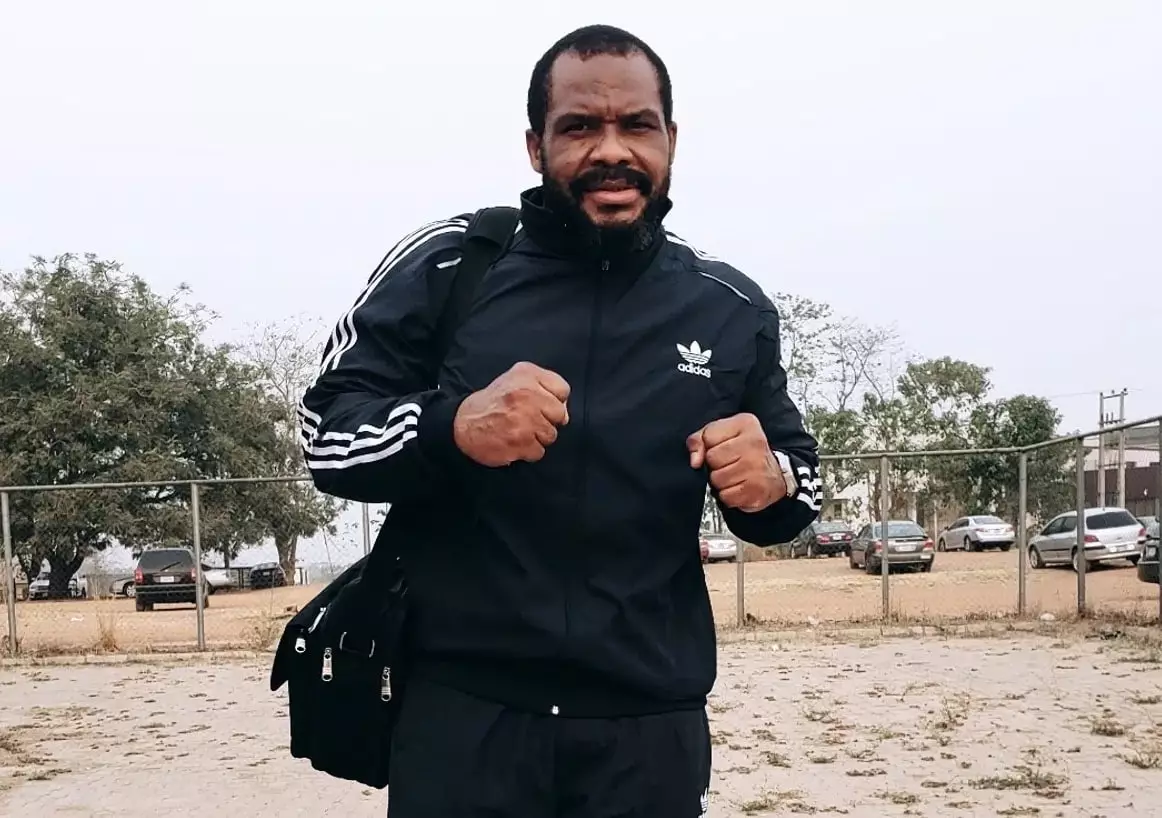In a surprising twist that has left boxing fans anxiously intrigued, former heavyweight contender Ike Ibeabuchi is set to step back into the ring after an astonishing 25-year hiatus since his last fight. At the age of 51, Ibeabuchi will face Ayman Farouk Abbas on December 24th, 2023, in Port Harcourt, Nigeria. This bout has sparked intense discussion not only due to the lengthy absence of Ibeabuchi from professional boxing but also because of the fighter’s tumultuous past, which includes notable accomplishments juxtaposed with severe life challenges.
Background and Achievements
Many boxing aficionados remember Ibeabuchi for his remarkable and electrifying career in the late 1990s. With an undefeated record of 20 victories, including 15 by knockout, Ibeabuchi was heralded as a potential standout in the heavyweight saga. His bouts, particularly the legendary clash with David Tua, are often cited as modern-day classics that showcased an extraordinary blend of skill, power, and resilience. These successes painted a rosy picture of a promising future for Ibeabuchi, making the subsequent unraveling of his career all the more shocking.
However, Ibeabuchi’s promising trajectory took a dramatic turn as he grappled with psychological issues and criminal charges that ultimately led to his incarceration. The alarming reports of him hearing voices and insisting on being addressed by his self-identified moniker, “The President,” hinted at deeper struggles that many fans could not fathom. Issues surrounding mental health and personal crises often shroud the narratives of athletes, and in Ibeabuchi’s story, this truth is painful yet profound.
As Ibeabuchi prepares to make his comeback, questions swirl regarding both his mental and physical well-being. Abbas, his opponent with a record of 4-10-1(1), is no stranger to adversity either, coming off two consecutive losses. This adds a layer of unpredictability to the match. While Abbas is approaching the bout at 47 years old and has notably struggled in previous matches, his tenacity will likely show. Contrastingly, fans are left wondering how much Ibeabuchi can tap into the power and energy of his earlier self after such an extensive absence.
Boxing enthusiasts are drawn to this event not only for the nostalgic aspect of watching Ibeabuchi fight again but also out of sheer curiosity about how he has fared in his journey of rehabilitation and rediscovery. The mixed emotions surrounding this match can be both thrilling and concerning; while fans wish to see a glimpse of the fighter they once admired, there is also a heightened sensitivity towards his past struggles.
Whether viewers will witness a resurrection of Ibeabuchi’s past glory or a cautionary tale of what can occur when athletes face personal demons remains to be seen. Pending any accessible broadcasting avenues, the global boxing community will be on high alert come fight day. Regardless of the outcome, Ibeabuchi’s re-entry into the sport serves as a poignant reminder of resilience, ambition, and the complexities that often collide in the life of a professional athlete.

